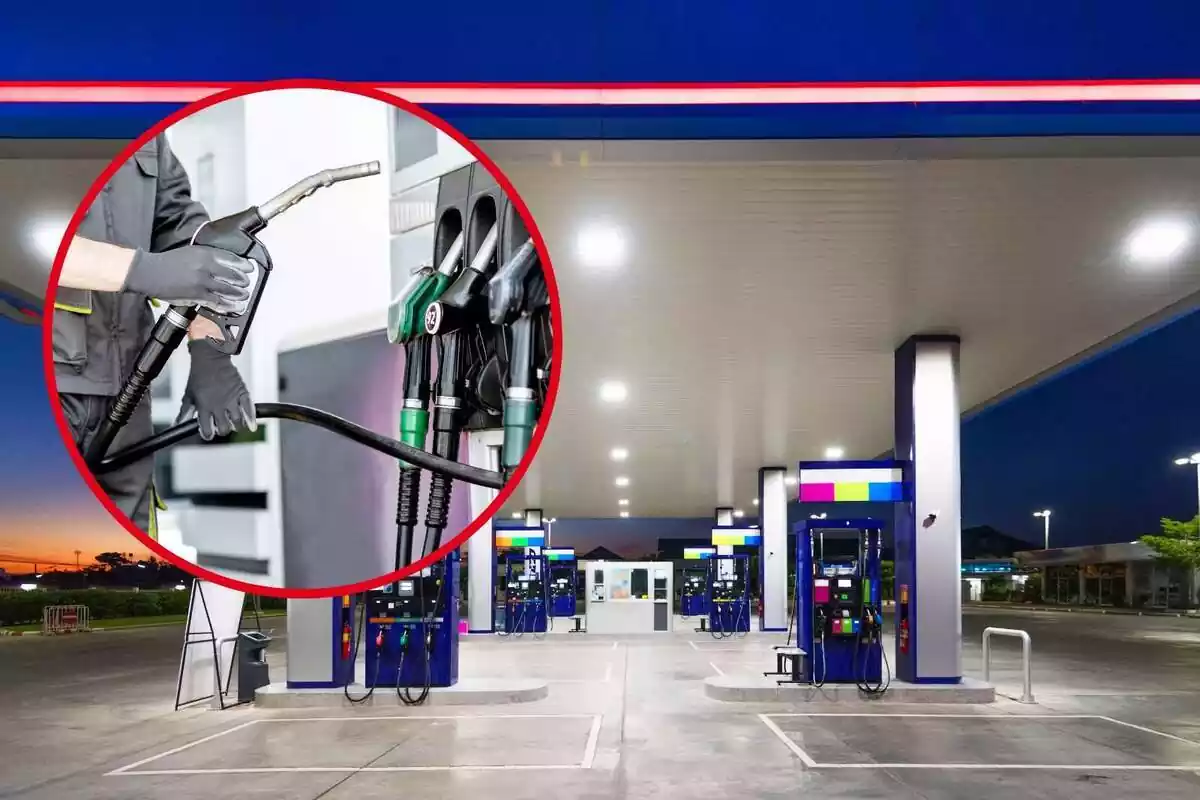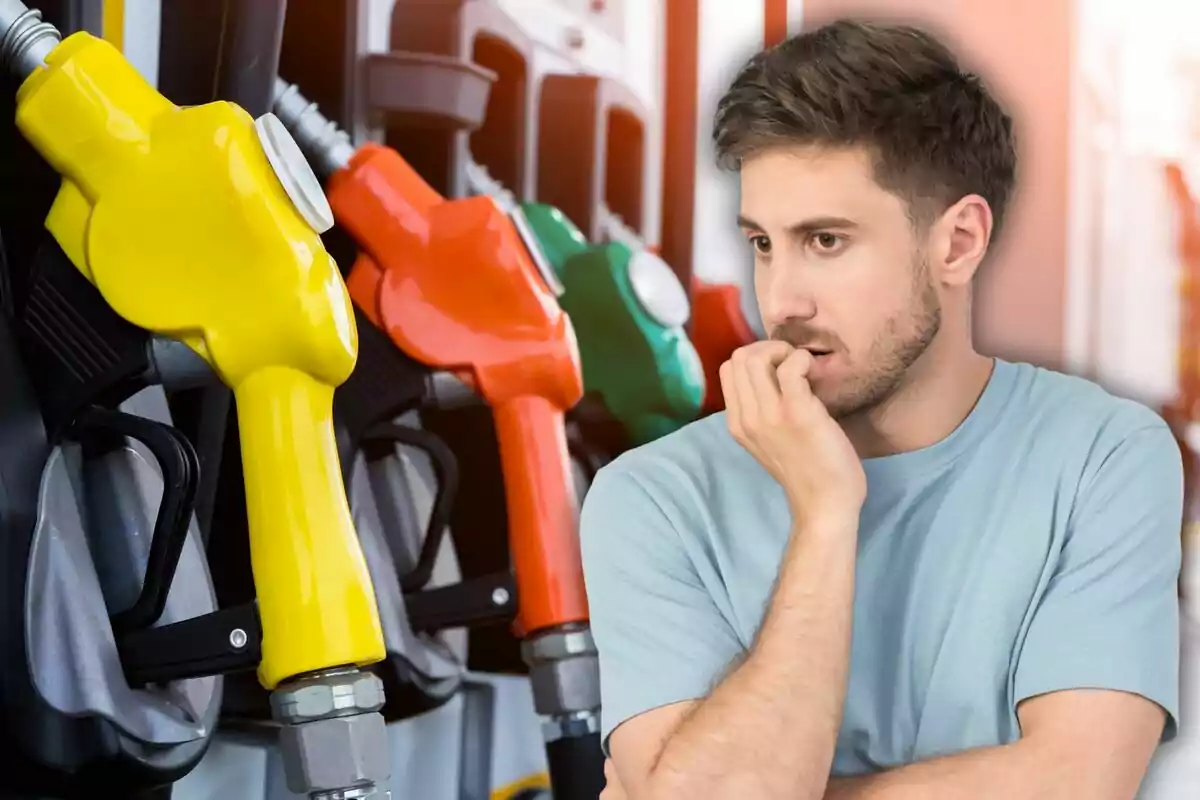It's common to wonder if gasoline can expire. The reality isn't that simple. James Speight, an expert in petroleum refining, states that gasoline can keep in good condition for months or even years, but this depends greatly on the environment where it's stored.
Factors such as heat, humidity, and contact with oxygen affect its stability. That's why, although gasoline doesn't have an exact "expiration date" like food, over time it loses important properties that can affect engine performance.
The transformation and composition of gasoline
The gasoline you use isn't just petroleum; it's a fuel that goes through several stages before reaching the gas station. First, crude oil is transformed into hydrocarbons, compounds of carbon and hydrogen. Then, impurities are removed and the octane rating is adjusted, which is gasoline's ability to resist premature detonation in the engine.

An adequate octane rating is vital for good performance. In addition, ethanol is added to gasoline, a biofuel that helps reduce emissions, but that also has a drawback: it attracts moisture. This delicate mixture requires special care to keep its quality.
What happens when gasoline ages?
Over time, gasoline changes its composition. Richard Stanley, a fuel specialist, explains that the lighter hydrocarbons evaporate first, leaving a heavier and less efficient fuel. This causes the engine not to work as it should, losing power and increasing wear.
In addition, gasoline reacts differently depending on the season. In winter, it's more volatile to make starting easier, and in summer it's heavier to prevent evaporation. If you use gasoline that's been stored for a long time, you risk damaging your car's delicate injection and combustion systems.

Risks for your car and the environment
Modern engines are very sensitive and require clean fuel. Old gasoline can clog injectors, damage sensors, and reduce the lifespan of the catalytic converter. In addition, the presence of water absorbed by ethanol can corrode the internal parts of the fuel system.
Meanwhile, storing or disposing of expired gasoline incorrectly has serious environmental consequences. The volatile organic compounds it releases pollute the air and water.
A single gallon (3.79 L) of gasoline can contaminate hundreds of thousands of gallons (3,785.41 L) of groundwater. That's why it's essential to take old gasoline to recycling points or specialized centers that ensure its proper management.

